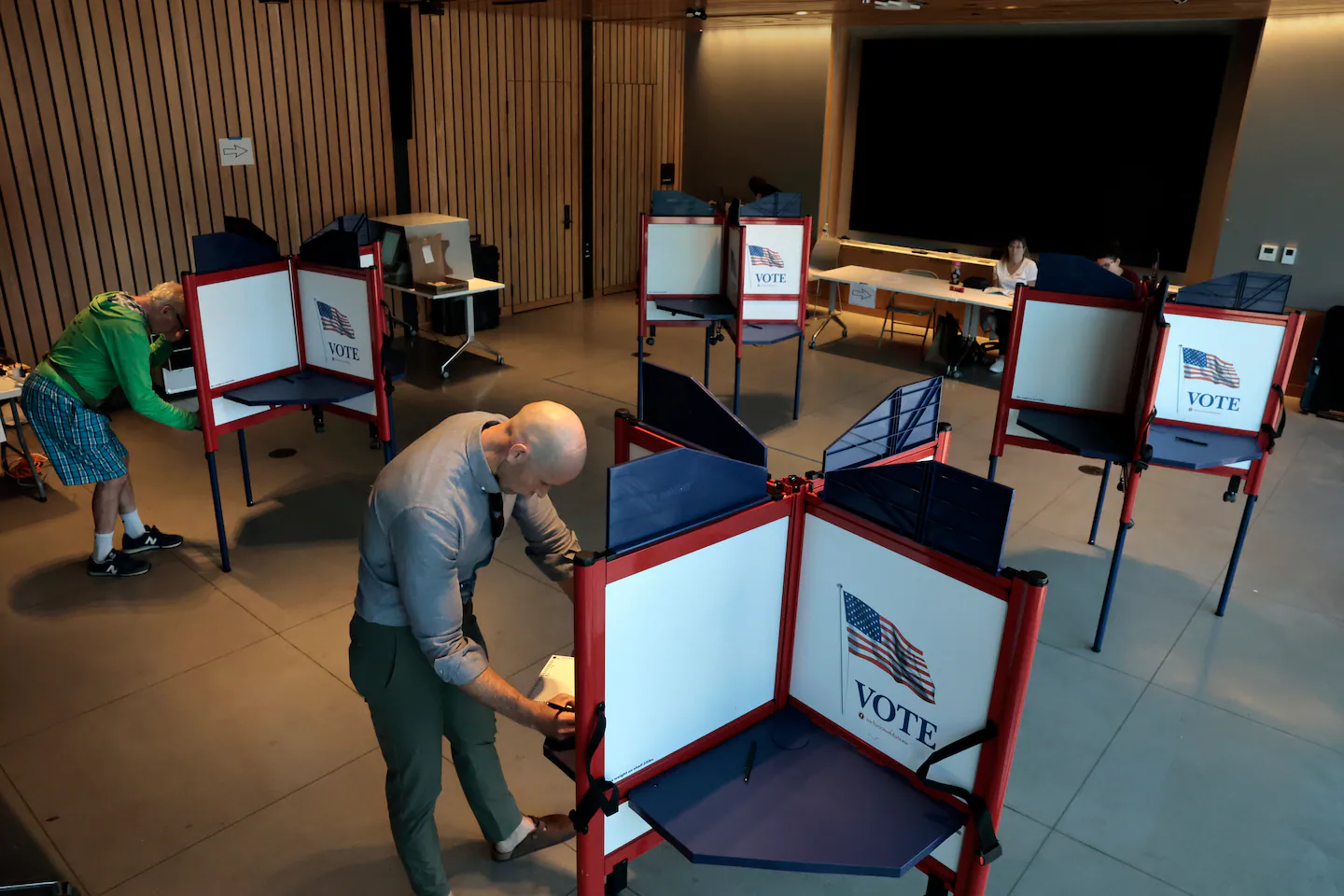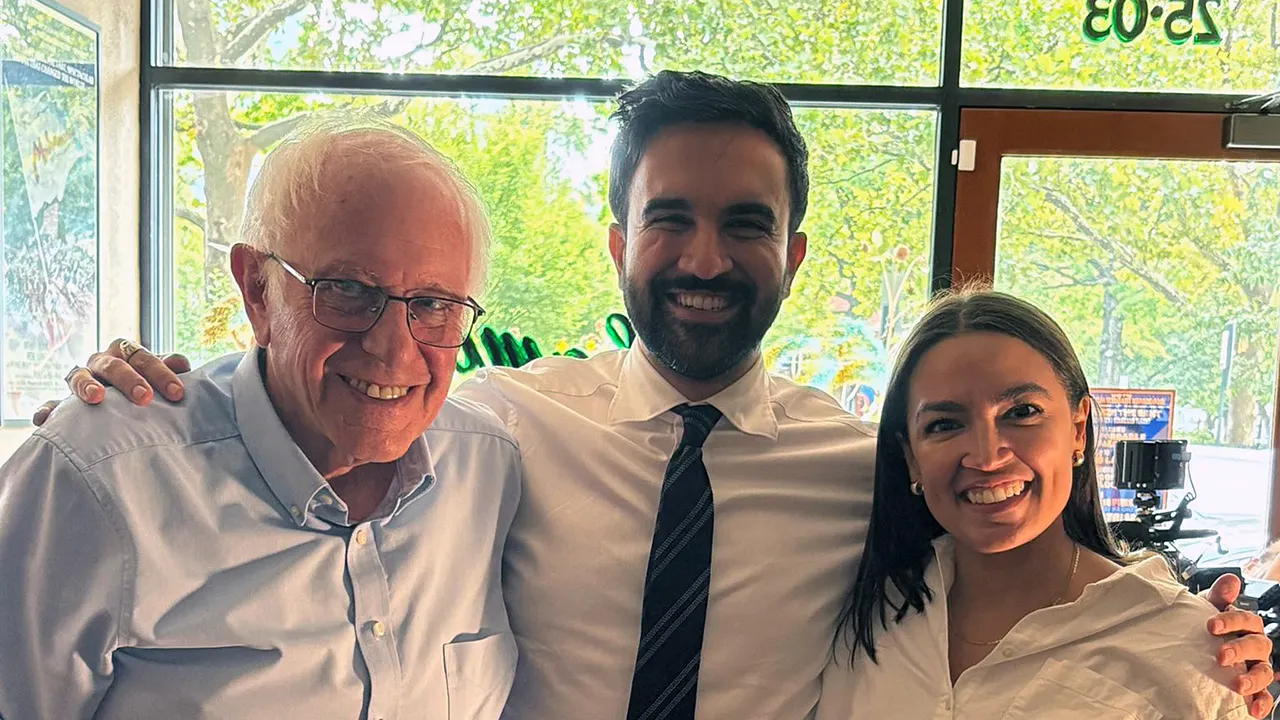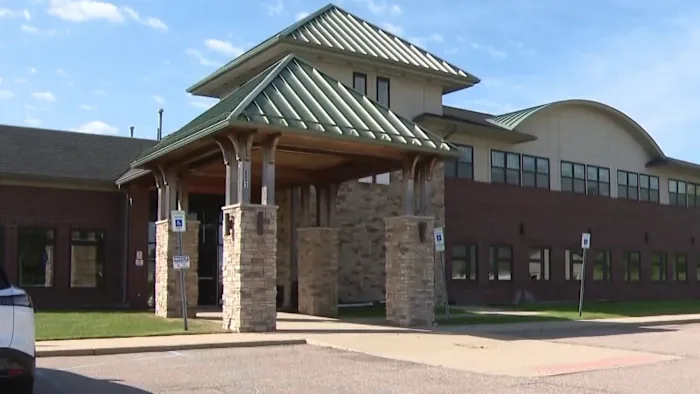
It also introduces a new wrinkle: holding an election on the biggest moving day across much of the state.
“It’s in the spirit of making elections more accessible. But that will have to come with sufficient public education,” said Geoff Foster, executive director of the government watchdog group Common Cause Massachusetts, who testified on behalf of a bill that would catch Massachusetts up with 22 other states that have same-day voter registration.
Changing the primary date “alone is not where Massachusetts needs to go,” he said.
If lawmakers pass a bill to change the primary date — as they are expected to do this week — Massachusetts would still have one of the latest statewide primaries in the country. Sept. 1 is two weeks earlier than what state law currently dictates and nine weeks before November’s general election.
There’s also the glaring concern unique to Massachusetts: Due to the outsized student population, Sept. 1 marks a migration of renters statewide. In Boston alone, an estimated two-thirds of city leases turn over that day, meaning thousands of voters will enter election season with new addresses, voting precincts, and new representatives in office.
State law currently places the primary election seven weeks before the November election, on Sept. 15. In the past, the primary date — or other options for it — have also coincided with the beginning of the Jewish holiday Yom Kippur or the Jewish new year, Rosh Hashanah, prompting officials to consider other dates. In 2026, both holidays will fall in mid- to late- September.
But since the 2010 enactment of a federal law requiring the state send ballots to military and overseas voters 45 days before an election, lawmakers here have opted to move the primary earlier.
To be sure, changing the state’s election calendar is a tradition for the state Legislature, which routinely tweaks the date citing concerns over holidays or summer vacations. For the past two legislative sessions, Senator Becca Rausch, a Needham Democrat, filed legislation that would shift the state primary to June.
The state’s late primary date means that most of the campaign year is devoted to the primary campaign in a state where most incumbent officeholders go unchallenged. Then, after the primary, challengers have two months or less to make their case — a short runway when facing incumbents with larger war chests and greater name recognition. According to the National Conference of State Legislatures, only three states other than Massachusetts have September primary dates.
Charles Stewart III, a MIT political science professor and elections scholar, said regardless of the specific day, September will always be problematic “given everything else going on” that time of the year.
“It is kind of silly to watch the Legislature, on a regular basis, kind of fine-tune the day,” he said. “There could be a strong argument made to just do it in the middle of August.”
That said, there is little evidence showing a primary date’s significance, said Robert Boatright, a Clark University professor and expert on primary elections.
In his forthcoming book, “The Problem With Primary Voters,“ he argues the country should have one primary date or a cluster of dates to ensure a national or regional news cycle around the election and ensure higher turnout. Turnout is also largely affected by what is on the ballot, he said.
“The real problem with the timing of primaries is people really don’t have any idea when they are,” Boatright said. “You could make a case that we would be better off if we were all clustered on the same day. There is some evidence that there are spillover effects.”
In order to truly make primary voting more accessible, advocates like Foster suggest lawmakers also take up other proposed policy changes, such as bills to institute Election Day voter registration or proposals that would decouple municipal censuses from the voter rolls, ensuring that voters who forget to send in census paperwork back to their home cities are still able to vote on Election Day.
Rahsaan Hall, director of Urban League of Eastern Massachusetts and part of the Election Modernization Coalition advocacy group, advocated at the State House on Tuesday in support of these bills.
He said Election Day registration would address the headache of new students coming to Massachusetts or leases turning over after the deadline for voters to register at their new addresses.
“There is a lot of energy and excitement trying to get people turned out,” he said. “If you have same-day voter registration, they will be able to be registered on the date.”
While Governor Maura Healey proposed the change to the primary date in her $2.45 billion budget filed last month, House lawmakers decided to pull out just the primary election measure for passage this week.
The upcoming vote comes after the Joint Committee on Election Laws held a public hearing on 30 bills dealing with voting access, including ones that would give 16- and 17-year-olds the right to vote in some municipalities or extend voting rights to non-citizens who are legally present.
It also comes as Secretary of State William Galvin put forward his own ballot question asking voters if the state should allow residents to register to vote on Election Day.



